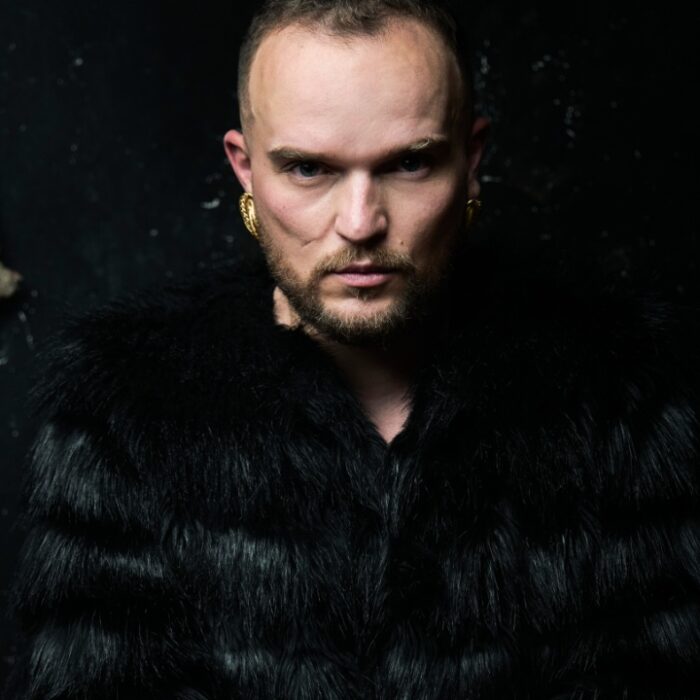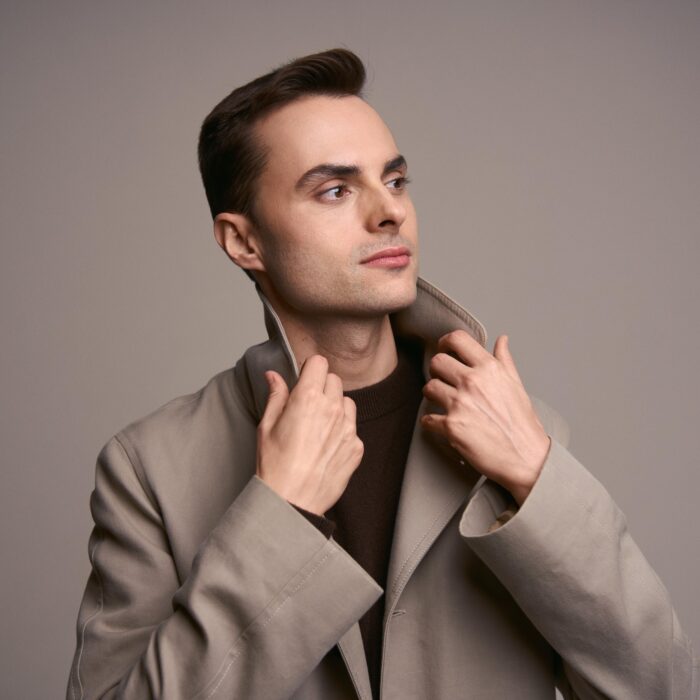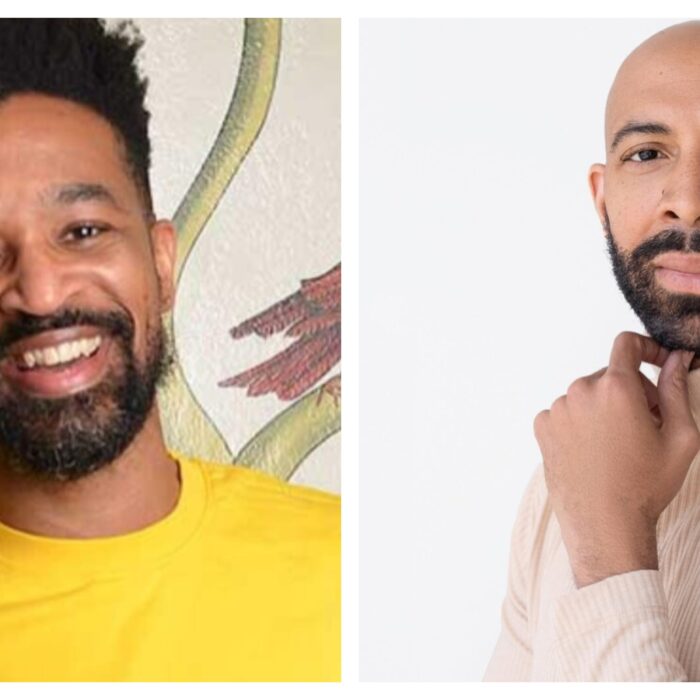
Q & A: Soprano Ambur Braid on Working with Amanda Seyfried on ‘Seven Veils’ & Singing COC Production of ‘Salome’ at the Same Time
By David SalazarAtom Egoyan‘s “Seven Veils” is an ambitious film. Set in Toronto, it follows Jeanine, a theater director doing a revival of “Salome” at the Canadian Opera Company. As she digs deeper into the production, created by her former mentor, Jeanine is faced with some of her past traumas uniting “reality” with the theatrical.
The film delves deep into Jeanine’s psychology as she unpacks the trauma at the center of Strauss’ famed “Salome” with one sequence having the character, played by Amanda Seyfried, monologuing on the titular princess’ obsession with the head of John the Baptiste in a way that reveals layers about her own repressed emotions. It’s haunting.
But more haunting was the unique process of making the film, which mirrored the theatrical experience as much as its story does. While the film production was underway, the opera itself was having its own theatrical run with soprano Ambur Braid playing double duty. The soprano was not only performing a run of the opera to packed audiences, but on her off-days, she was doing 15-hour filming days.
Braid, who is a regular at Canadian Opera Company and has also performed with Oper Frankfurt and Calgary Opera, among others, spoke with OperaWire about the experience of making “Seven Veils” while in Frankfurt as she prepared for upcoming productions of “Lady Macbeth of Mtsensk” and “Wozzeck.”
OperaWire: The opera was being revived of Salome while the movie was being filmed around you guys. How did that work?
Ambur Braid: So we never knew until the very last minute if the funding would come through to film this. But the only time that it could be filmed was during our rehearsal period. It was just wild. Atom was just every day running in and out of the rehearsal room on calls with people, and we just didn’t know. Then, maybe two weeks before we started shooting, we got the real go ahead and the filming started once we really opened. So I was doing the 5 a.m. pickups for the movie shoot and then having these 14 or 15 hour days and then I would have a show to sing the next night.
OW: I’m curious how you went from shooting a 15-hour day, to then having to keep yourself in shape, to do something that’s so physically taxing, like singing, “Salome” the next day.
AB: They would make sure that I would have at least a day between, but we would shoot three days in a row. Then I would have a day to recover, which may or may not have been enough. But, you know, you’re just high on adrenaline.
For that two-week period I tried to behave myself as best I could. I was always hydrating. I was always fearful of talking too much because, in the dressing rooms, we’re waiting for eight hours a day and then shoot and everyone’s talking. That’s what I would get the most nervous about. It should be incredible and feel amazing to make a film. But I was never really in the moment because I was more concerned about the performance that was going to be coming up. And even the performances that are in the movie were very much “drop the needle and go” at 8 a.m, like the one where I am singing the Jochanaan scene. I’ll never forget. We got picked up at 5, then I was in the makeup chair for an hour and we were waiting around. And suddenly I have to do the Jochanaan scene.
OW: How did you warm up for that?
AB: I didn’t. And what’s in the movie is that morning at 8:00 a.m. of me trying to bust out the chest voice. And that Jochanaan scene is the hardest for me. We had one afternoon, three hours with the orchestra and again, it was a “dropped the needle” at bar 78. Go. You don’t have the luxury of being in a studio. And what’s more, we’re just doing these eight bars and that’s it. That was the difficulty.

Ambur Braid – Soprano as Salome – Seven Veils -Headless Films
OW: How was Atom the stage director versus Atom the film director? What was the balance that was found?
AB: He definitely had a plan. He saw the movie, the edited version in his mind. So that’s why we would record the scenes. And he just knew exactly what he was going to do with the edits. So he was basically editing as we were filming and just really had this clear map of what we were doing, which was incredible to see. And he was calm, but you knew that he wasn’t. But he’s just always a gentleman and always so organized.
OW: You’re not just singing on stage. You actually have a character and you have interactions with some of the other characters in the film. Was your character always in the screenplay or was that a gradual evolution during the filming process?
AB: Atom had written me into the screenplay a few years ago. There was always this character named Amber. We had met years before, and had always stayed in contact. So it was mentioned to me when the contract to do the COC came up, but there was a lot of uncertainty around it. We didn’t really know how it was going to work. Was it a documentary on the making of the production? It could have been a nightmare, having cameras around all the time. Then I didn’t hear anything about it for the three years, or whatever. And then I get there and there was a lot of stress everywhere. Lots of tension.
OW: What was the experience of working with Amanda Seyfried?
AB: Delightful. Amanda is the most beautiful singer. She would, between takes, sit down at the piano and start crooning something. When we were in the car for one of the film festivals, and she casually mentioned that she was learning the French horn. Part of the job of carrying a show, especially when you’re the title character is that you need to make sure that everybody is comfortable to do their job in the right way. I mean, or at least that’s how I was brought up to do things and the responsibility I take on myself. She was very much that person and it helped that her dog was always around too, which was delightful.
OW: So what would you say? How was the film festival experience for you?
AB: I did the premiere in Toronto, which was fun because it was my home turf, in the opera house that it was filmed in. It had a lot of people who knew me, and so you could hear them cackling when I had some of the dialogue. That was pretty fun to see and Atom was pretty proud of himself. That was a really wonderful experience.
But then we went to Berlin. I was doing Senta there so the timing was ridiculously good. We were high on life that this was finally actually coming out. Because when we had the TIFF one, there was the writers strike and there was a lot of uncertainty. But Berlin felt like the real launch.


